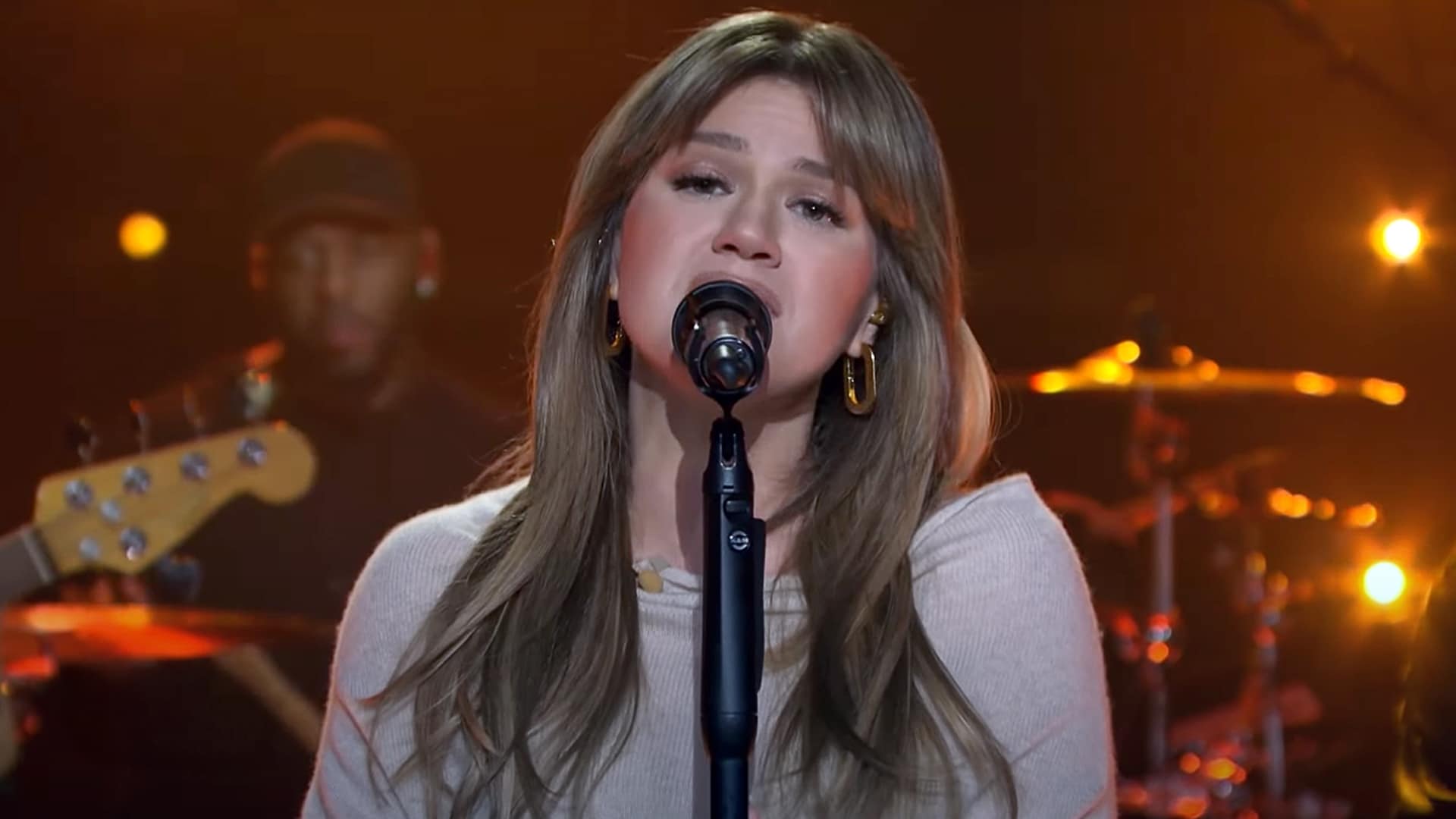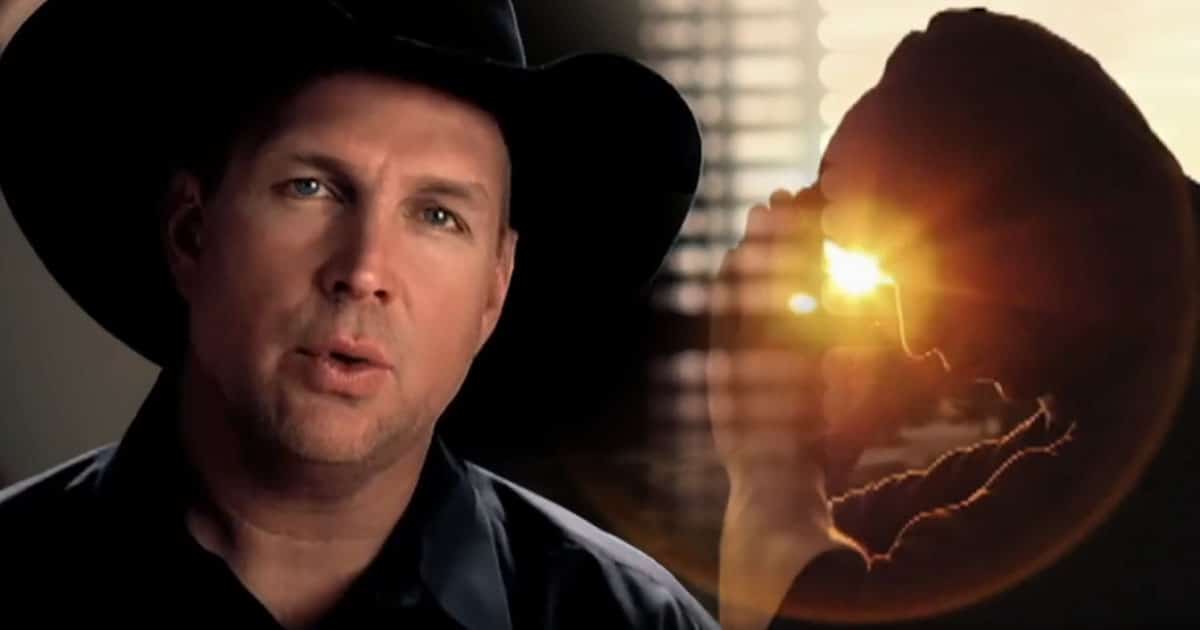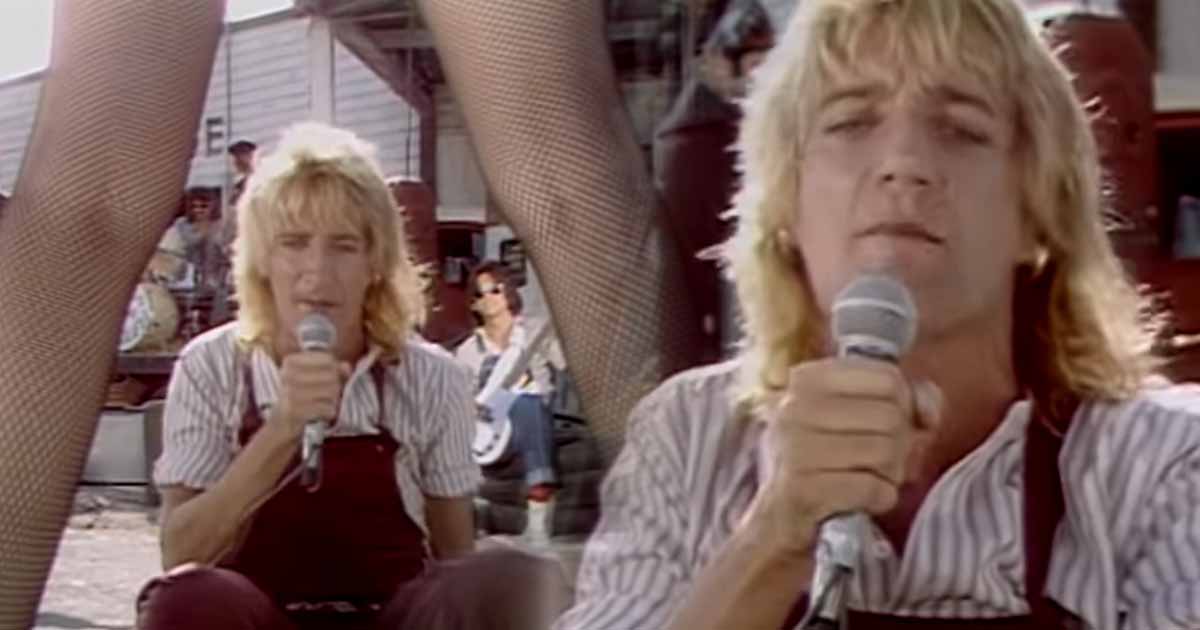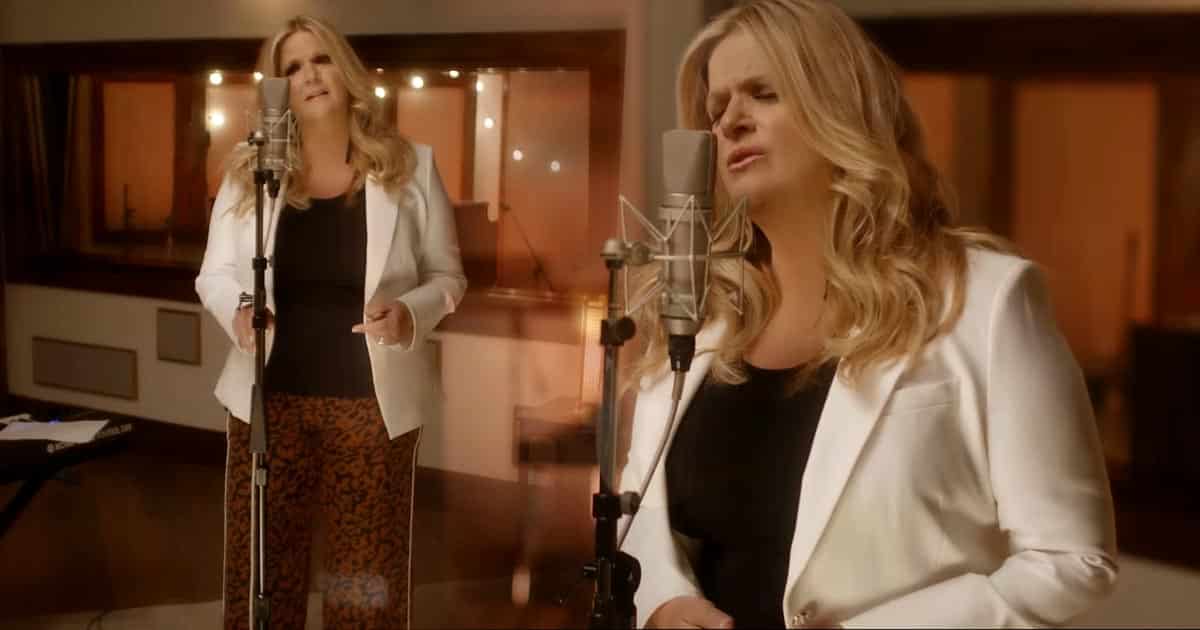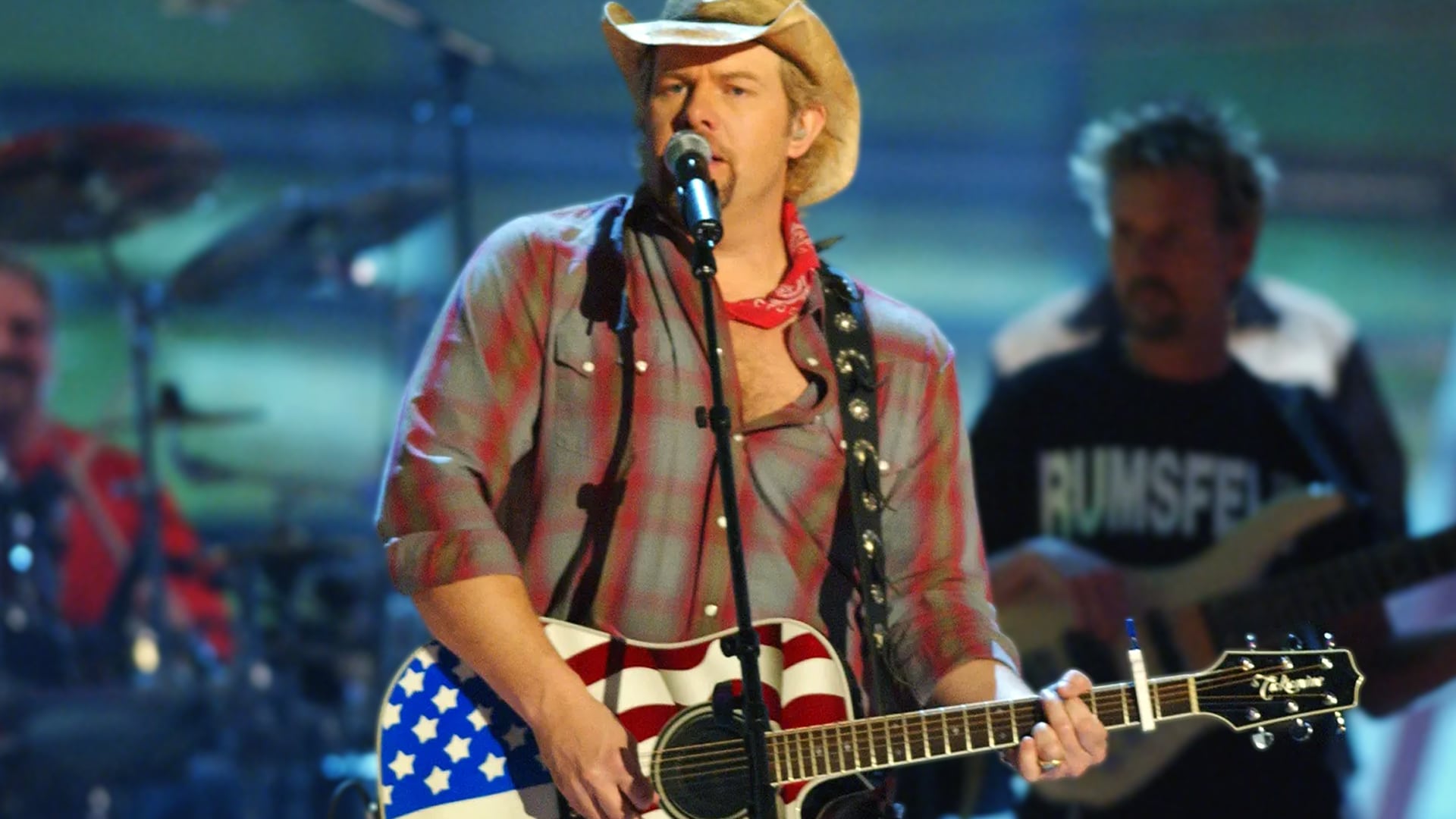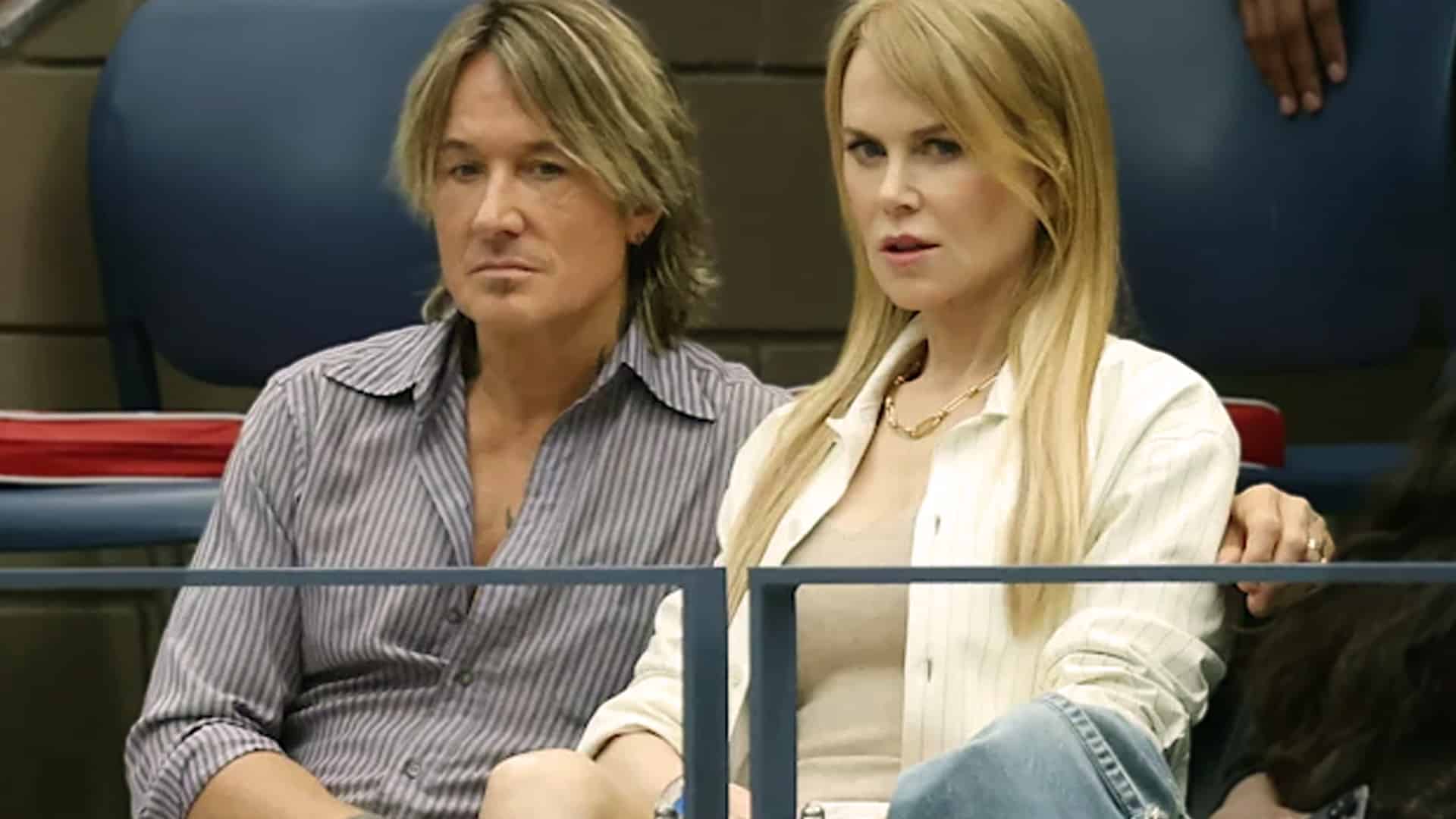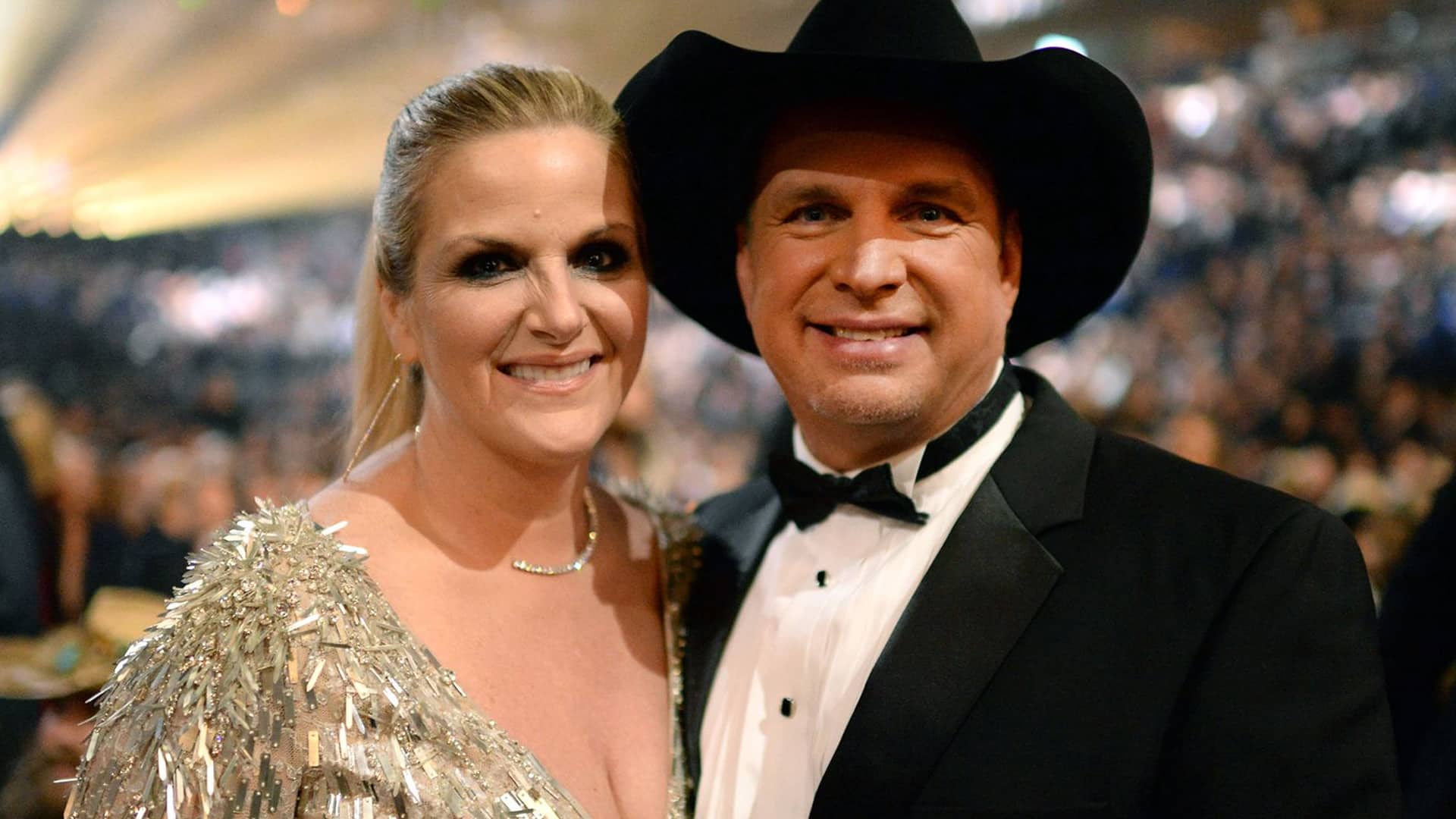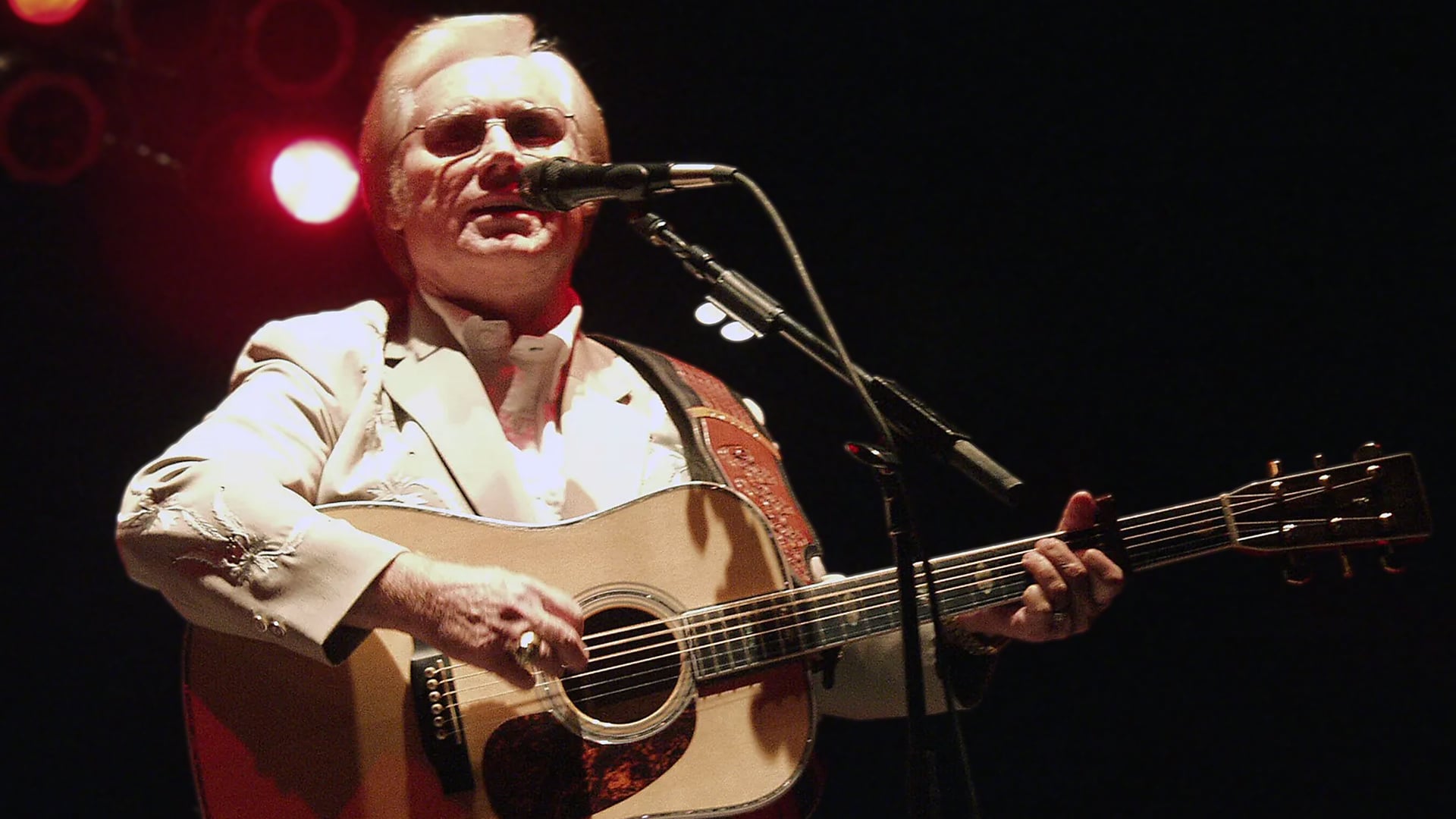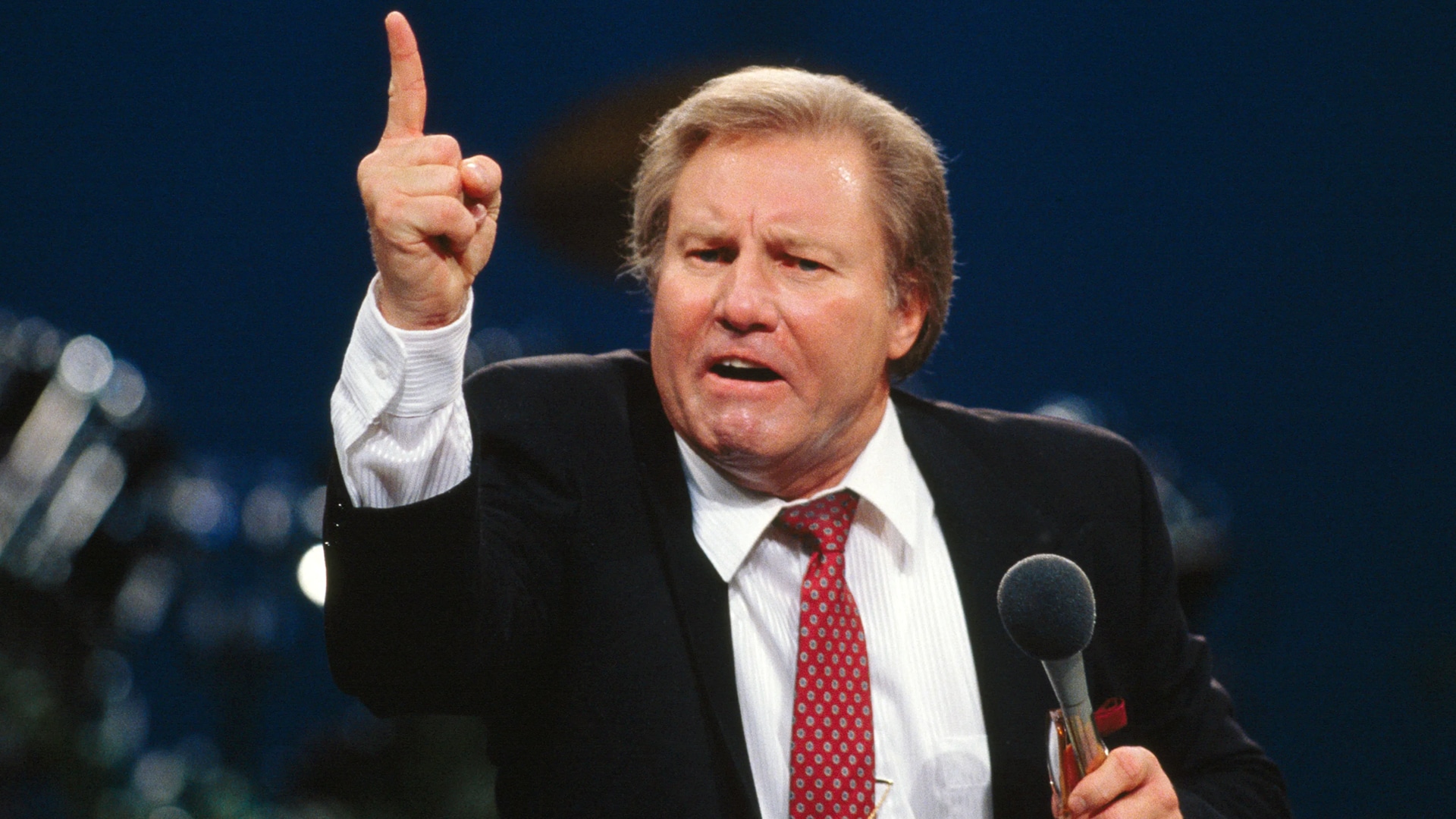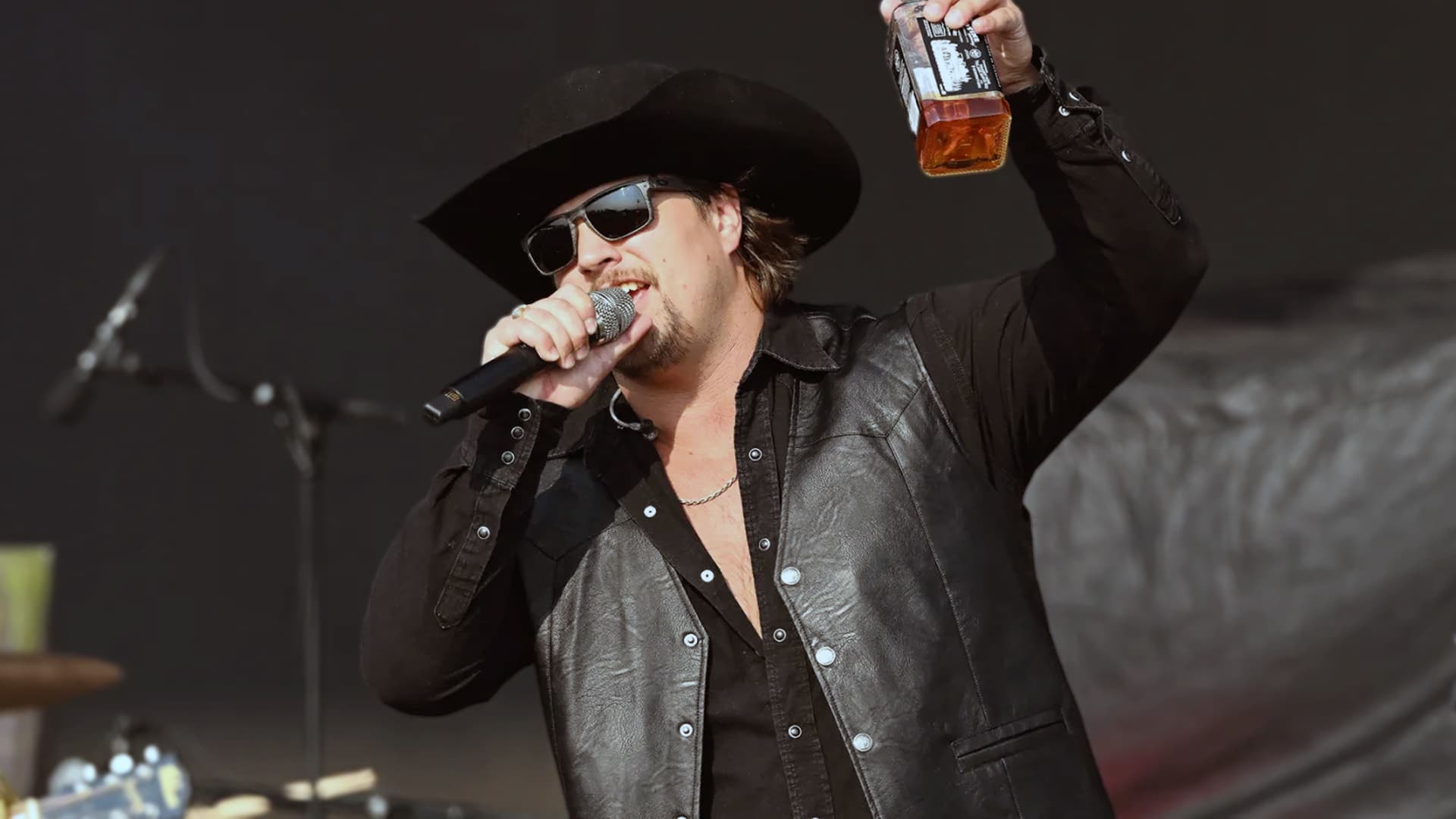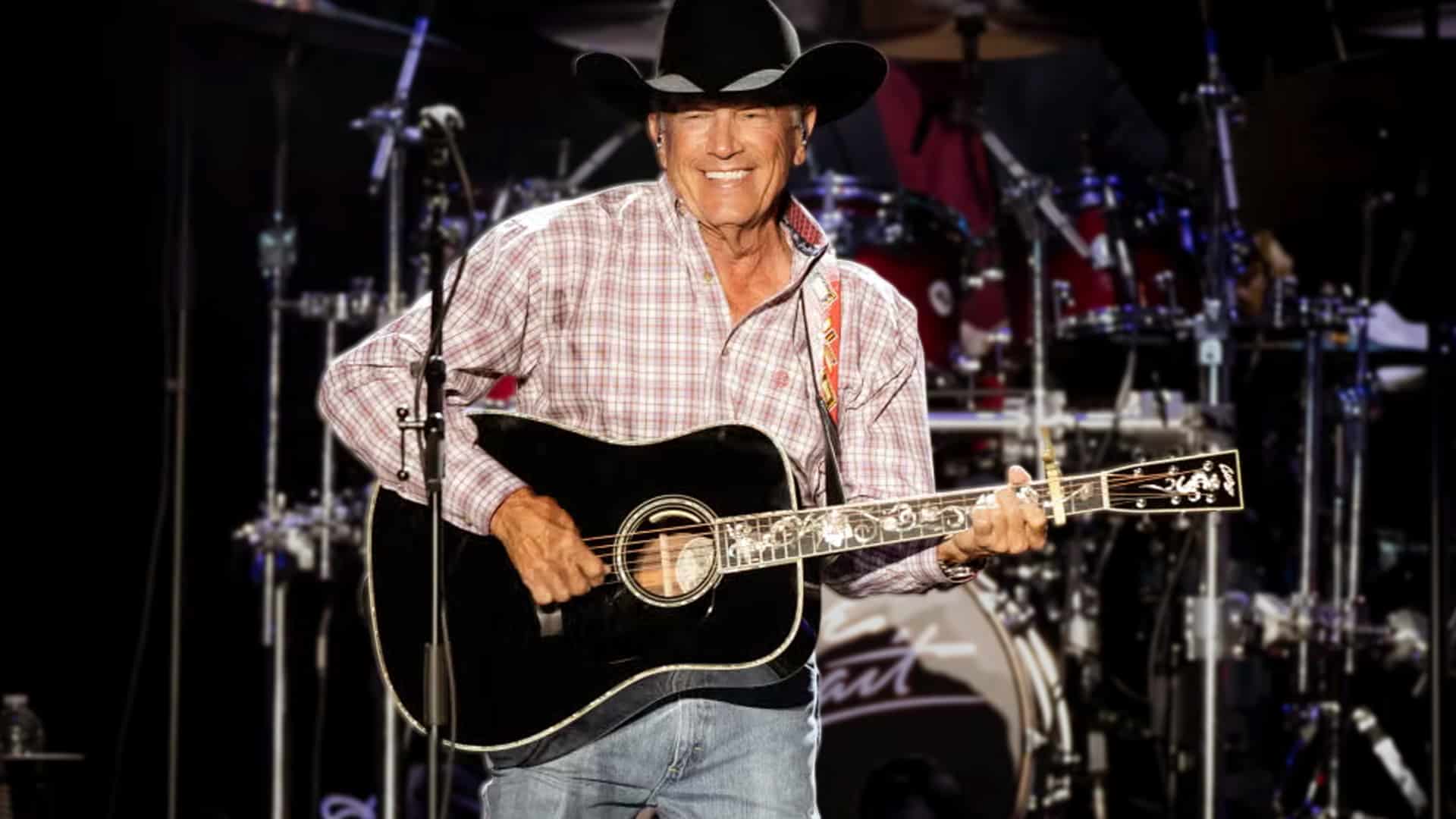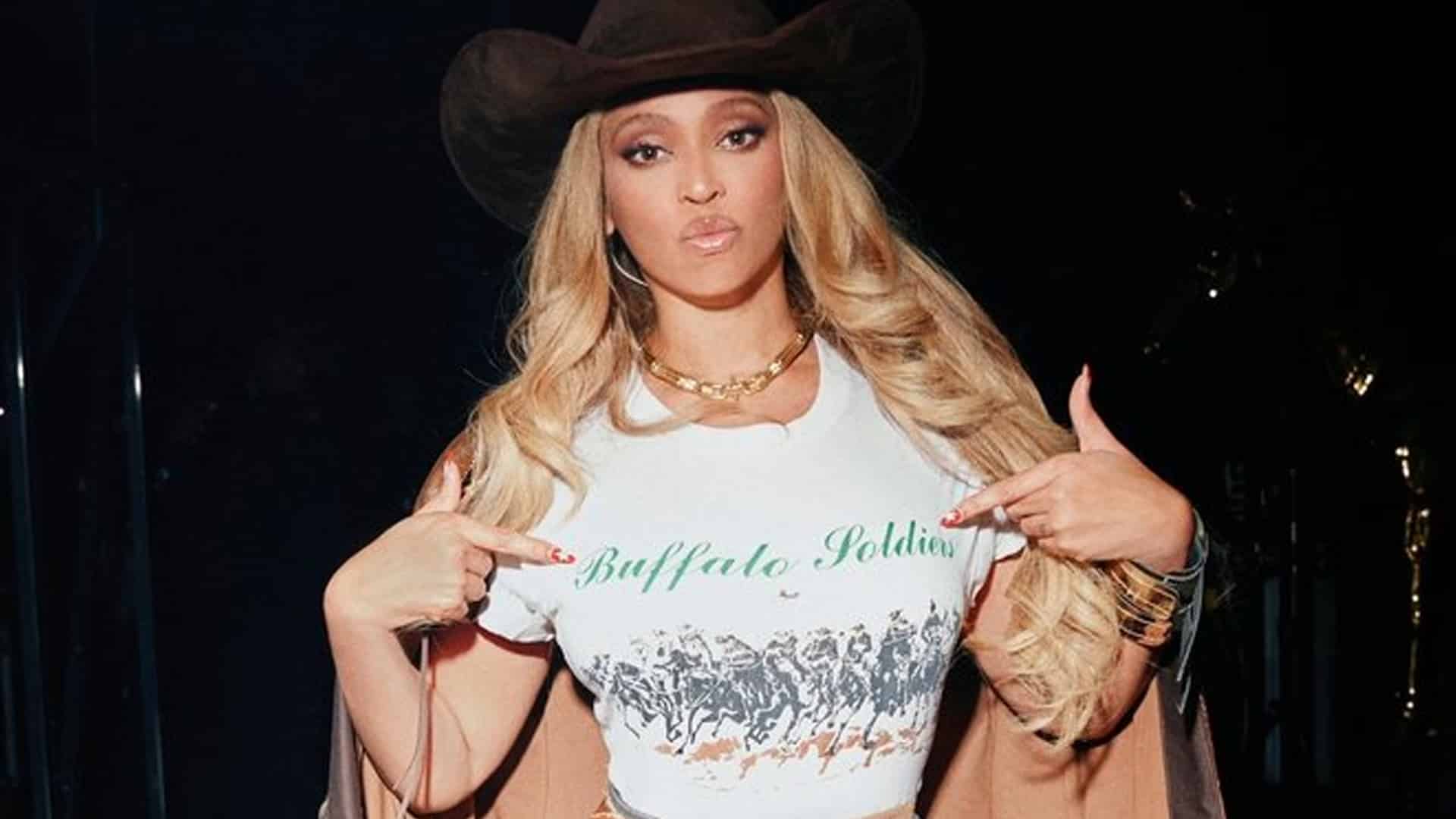Kelly Clarkson didn’t tiptoe into Kacey Musgraves’ “Follow Your Arrow”. She charged straight through the front door with a voice full of gospel grit, Texas twang, and zero hesitation.
On the April 14 episode of The Kelly Clarkson Show, Clarkson performed the modern classic during her Kellyoke segment. And while the setup was casual, the delivery was anything but. This wasn’t just a cover. It was a reintroduction.
Originally released in 2013, “Follow Your Arrow” made waves when it hit radio. Written by Kacey Musgraves, Brandy Clark, and Shane McAnally, it championed living authentically in a world quick to criticize. It was playful, yes—but also political, daring to mention same-sex love and cannabis in a genre that historically avoided both. The song was censored during Musgraves’ performance at the 2013 CMA Awards, yet a year later, it won Song of the Year. It became a battle cry for outsiders, misfits, and anyone tired of walking someone else’s line.
RELATED: 10 Country Songs About Being True To Yourself To Help You Embrace Who You Are
And this week, it found a second wind in Clarkson’s hands.
From the first note, there was no mistaking where she stood. Clarkson’s voice wrapped around every line with ease but also with weight. When she hit the chorus—”Say what you think, love who you love”—it didn’t sound like a suggestion. It sounded like a command. A woman who’s lived through divorce, public scrutiny, and reinvention and still stands tall doesn’t sing that line lightly.
The crowd responded, and so did the internet. One fan declared, “Might be my favorite cover you’ve ever done.” Another simply begged, “Country album, when?” The applause wasn’t just for the performance. It was for the connection—two Texans, two voices a decade apart, one shared message: own who you are.
RELATED: 17 Controversial Country Songs You May Have Missed
Clarkson didn’t try to mimic Musgraves. She honored her. She took a song that once pushed boundaries and sang it like the boundaries never should’ve been there in the first place. There was power in her restraint and even more in the places where she let loose. Her version didn’t soften the song’s edges—it reminded people why they were sharp in the first place.
What made the moment matter wasn’t just the vocal acrobatics. It was the reminder that country music’s best songs don’t belong to one voice or one moment—they belong to anyone brave enough to carry their weight. And Clarkson did exactly that.
More than a decade after it was written, “Follow Your Arrow” still challenges, comforts, and empowers. And thanks to Kelly Clarkson, it just got reintroduced to a new crowd—and it still points true.

